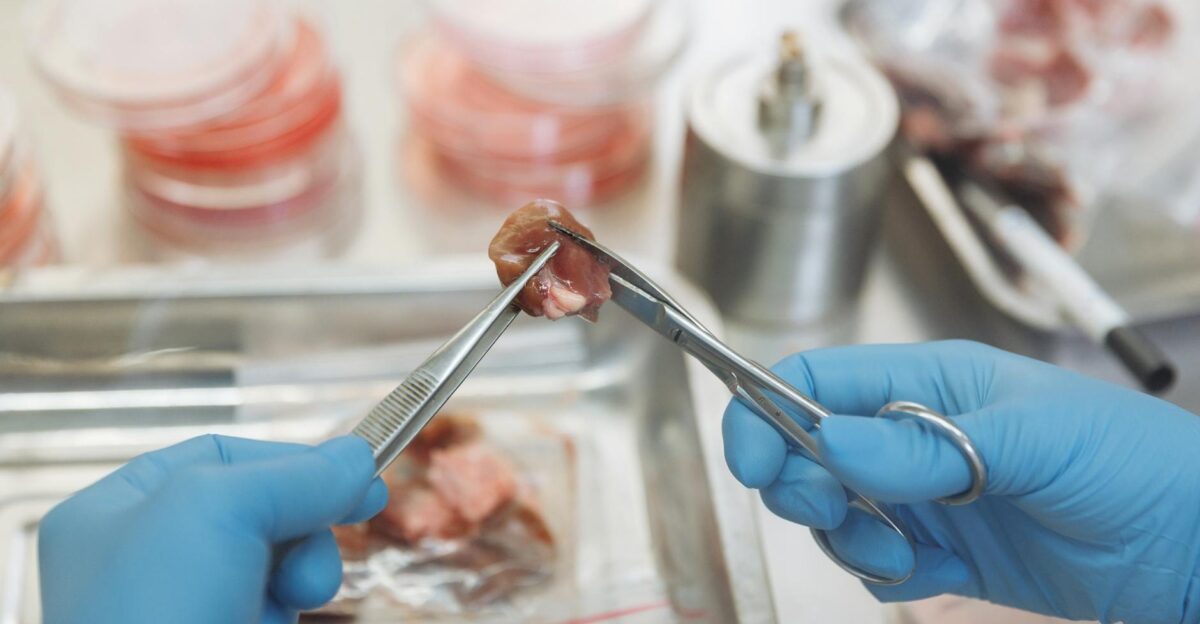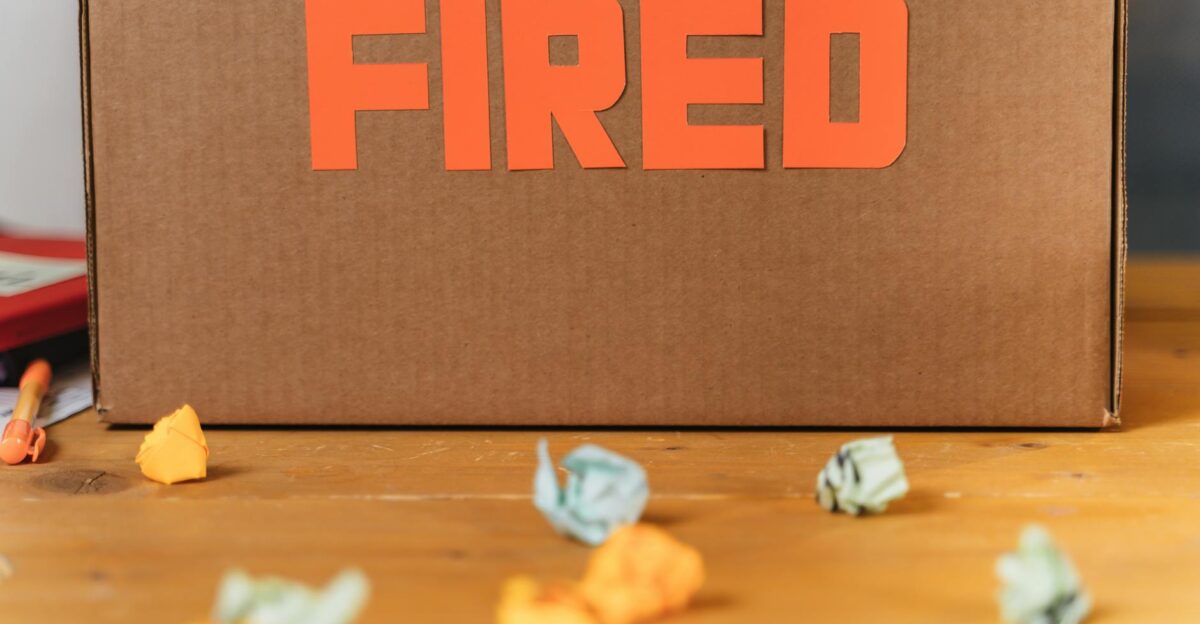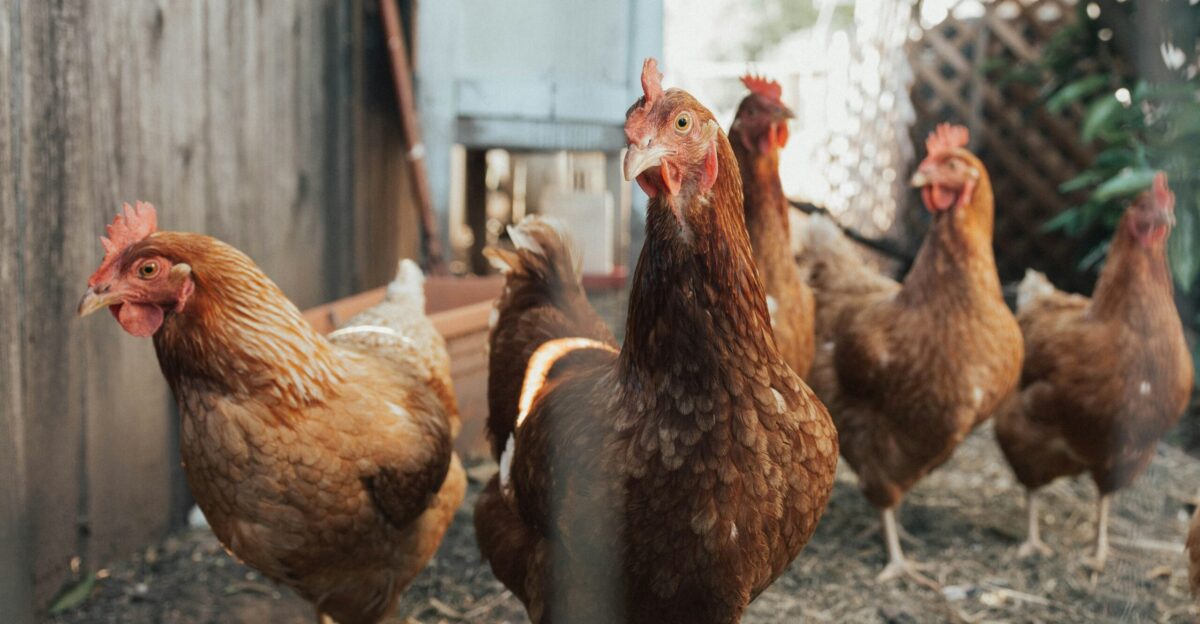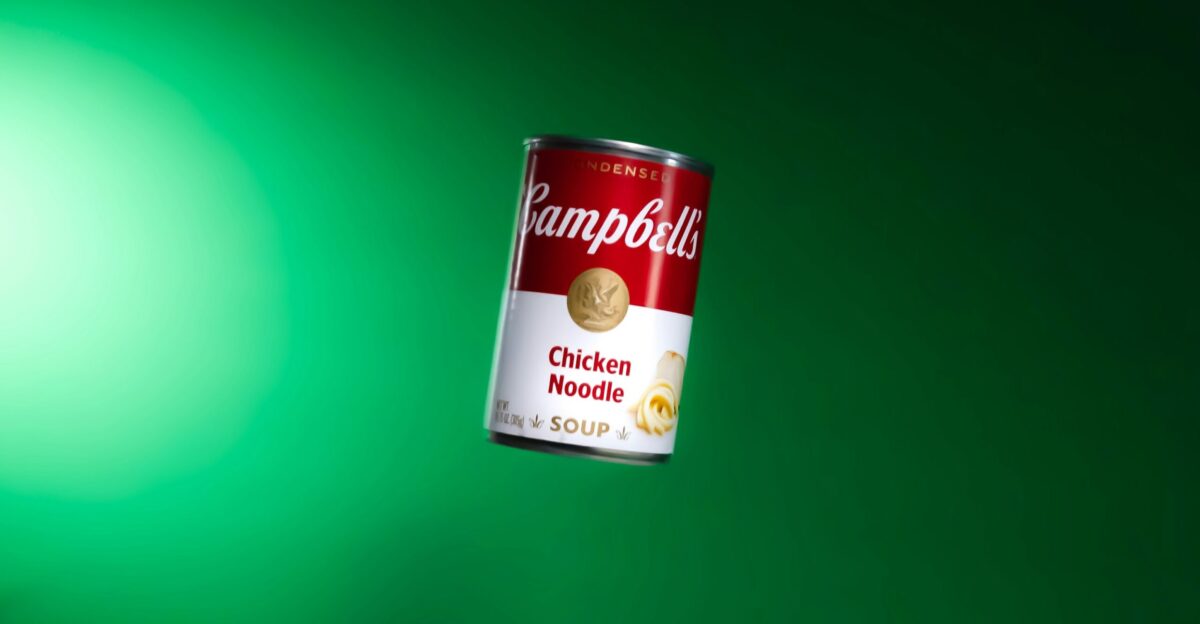
A leaked audio recording allegedly captured Martin Bally, Campbell’s VP of Information Technology, admitting the company uses ‘3D-printed’ and ‘bioengineered’ chicken in its soups. The whistleblower’s secret recording—released as part of a federal lawsuit—shattered consumer trust instantly.
Within 72 hours of peak scandal exposure, Campbell’s market capitalization erased approximately $1 billion in shareholder value. One recording. One voice. One crisis that obliterated 156 years of American trust.
The Whistleblower’s Dilemma

Robert Garza, a cybersecurity analyst hired by Campbell’s in September 2024, secretly recorded a meeting with Martin Bally in November 2024 to capture alleged admissions about company operations and ingredient sourcing. Garza reported what he heard to his supervisor, J.D. Aupperle, in early January 2025.
Twenty days later, on January 30, 2025, Garza was terminated without explanation. Now, his wrongful termination and retaliation lawsuit alleges that Campbell punished him for attempting to report corporate misconduct.
Is Campbell’s Meat Bioengineered

The leaked audio allegedly captures a voice saying: “I don’t want to eat a piece of chicken that came from a 3D printer, do you?” The same voice describes Campbell’s meat as “bioengineered” and “for poor people.”
The remarks were documented in legal filings and confirmed by major media outlets, including ABC News, Business Insider, and The Canadian Press. One sentence. One admission. One voice that triggered a national food-tech controversy and shattered brand loyalty across America.
The Recording Gets Darker

The recording reportedly captures an hour-long tirade of contempt. The alleged voice disparages Campbell’s customer base: “We have shit for poor people. Who buys our shit?” and “I don’t buy Campbell’s products barely anymore. It’s not healthy now that I know what’s in it.”
An alleged portrait of management contempt for the very families who built the brand into an American icon.
Racist Remarks Compound the Crisis

The leaked recording allegedly contains racist remarks about Indian employees, with the voice heard saying, something like “Indians don’t know a thing. Like they couldn’t think for themselves.” These offensive comments were reported across multiple independent outlets, including The Times of India and international media.
Combined with allegations of food ingredient concerns and contempt for low-income consumers, the scandal triggered swift regulatory and investor reaction.
Garza Fired 20 Days After Reporting

Garza reported Bally’s comments to his supervisor in early January 2025. He was fired January 30, 2025—just 20 days later. No Human Resources follow-up. No whistleblower protection investigation.
No independent review of his claims. His wrongful termination lawsuit alleges retaliation and creation of a hostile work environment for attempting to report alleged corporate misconduct.
The Corporate Damage Control

November 26, 2025: Campbell’s verified that the company no longer employs Martin Bally. Yet the company’s statement was a wall of categorical denials: “Campbell’s does not use 3D-printed chicken, lab-grown chicken, or any form of bioengineered meat in our soups,” the company stated.
Campbell’s noted that “bioengineered food ingredients” referenced on its labels refer to genetically modified crops such as corn and soybeans, not chicken.
156 Years of Trust, Obliterated in 72 Hours

Campbell’s was founded in 1869. For 156 years, it symbolized American comfort, affordability, and trust. Millions of mothers trusted Campbell’s with their children’s meals. Now parents nationwide question what’s really in the iconic red-and-white can.
Generational loyalty fractured overnight. A century-plus legacy of maternal trust strained by one executive’s alleged remarks and Campbell’s immediate removal of that executive, even as the company denies the underlying allegations.
Mothers, Children, and Panic

Millions of American families rely on Campbell’s chicken soup as their most affordable and trusted comfort food—especially when children are ill. This week, parents everywhere questioned what they’ve fed their kids for decades.
Social media erupted with calls for boycotts and consumer concerns. The brand’s core asset—maternal trust and generational loyalty—has faced unprecedented challenge.
The Supply Chain Data Question Lingers

Martin Bally isn’t a food scientist. He joined Campbell’s in January 2022 from American Axle and Diebold. Campbell’s claims he “has nothing to do with how we make our food.” Yet as VP of IT, Bally had access to supply chain management systems, vendor databases, and operational technology infrastructure.
The question for regulators: What operational visibility did his IT position provide, and what was the nature of his comments?
KFC Explored It in 2020. Now the Controversy Feels Different.

This scandal isn’t occurring in a vacuum. In 2020, KFC partnered with Russian bioprinting firm 3D Bioprinting Solutions to develop 3D-printed chicken nuggets using chicken cells and plant protein.
The project was public, experimental, and never commercialized—but it proved that the technology exists and that multinational food companies explore it. That demonstrated capability adds context to the allegations now facing Campbell’s.
Shareholder Value Destruction

Campbell’s market capitalization dropped from approximately $10.2 billion on November 19 to $9.0 billion by November 26, 2025, erasing roughly $1.0 billion in shareholder value in just seven trading days. This metric captures the total loss in company valuation, reflecting both stock price movement and erosion of investor confidence during the critical holiday shopping season.
The stock price itself declined from $31.50 on November 19 to $30.24 by November 26, while the company had already experienced a 26.21% year-to-date stock decline before this scandal emerged—but the scandal-driven market cap destruction of ~$1 billion occurred within the seven-day exposure window from peak scandal coverage (November 24 Florida AG announcement) through November 26.
Florida AG Launches Investigation

Florida Attorney General James Uthmeier seized on the scandal immediately. “Florida law bans lab-grown meat. Our Consumer Protection division is launching an investigation and will demand answers from Campbell’s,” he announced on November 24. The regulatory action carries real enforcement teeth: violations of Florida’s lab-grown meat ban can result in consumer protection penalties and potential operational restrictions.
Whether the allegations prove true or false, Campbell now faces state-level enforcement action during the scandal’s most critical moment.
The Credibility Gap That Haunts Campbell’s

Campbell’s continues to emphasize compliance statements, including USDA standards, reputable suppliers, and the absence of lab-grown meat. However, here’s what the company is not addressing: Have you ever explored 3D-printed chicken? Ever pilot it internally? Ever research it?
The silence screams louder than the denials. Full transparency—admitting R&D exploration without current use—could help rebuild trust. Refusing to answer? That’s how questions metastasize into conspiracy theories.
Can Trust Be Rebuilt in 2025?

Campbell’s faces the ultimate test. Millions of cans sold monthly. Approximately $10.3 billion in annual revenue. Tens of millions of households are questioning their most trusted pantry staple—a 156-year legacy hanging in the balance.
In 2025, even American icons must prove they deserve the loyalty of generations. For Campbell’s, the hard work of rebuilding consumer trust begins now—if it’s even still possible.
Sources:
Campbell’s Soup Company Official Statement, November 25–26, 2025
Garza v. Campbell Soup Company et al., Wayne County Circuit Court, Michigan, November 2025
AP/Reuters Business Wire Archives, November 25–26, 2025
Financial Content Markets Data, CPB Stock Trading Record, November 19–26, 2025
Florida Attorney General James Uthmeier Official Announcement, November 24, 2025
KFC/3D Bioprinting Solutions Partnership Documentation, July 2020